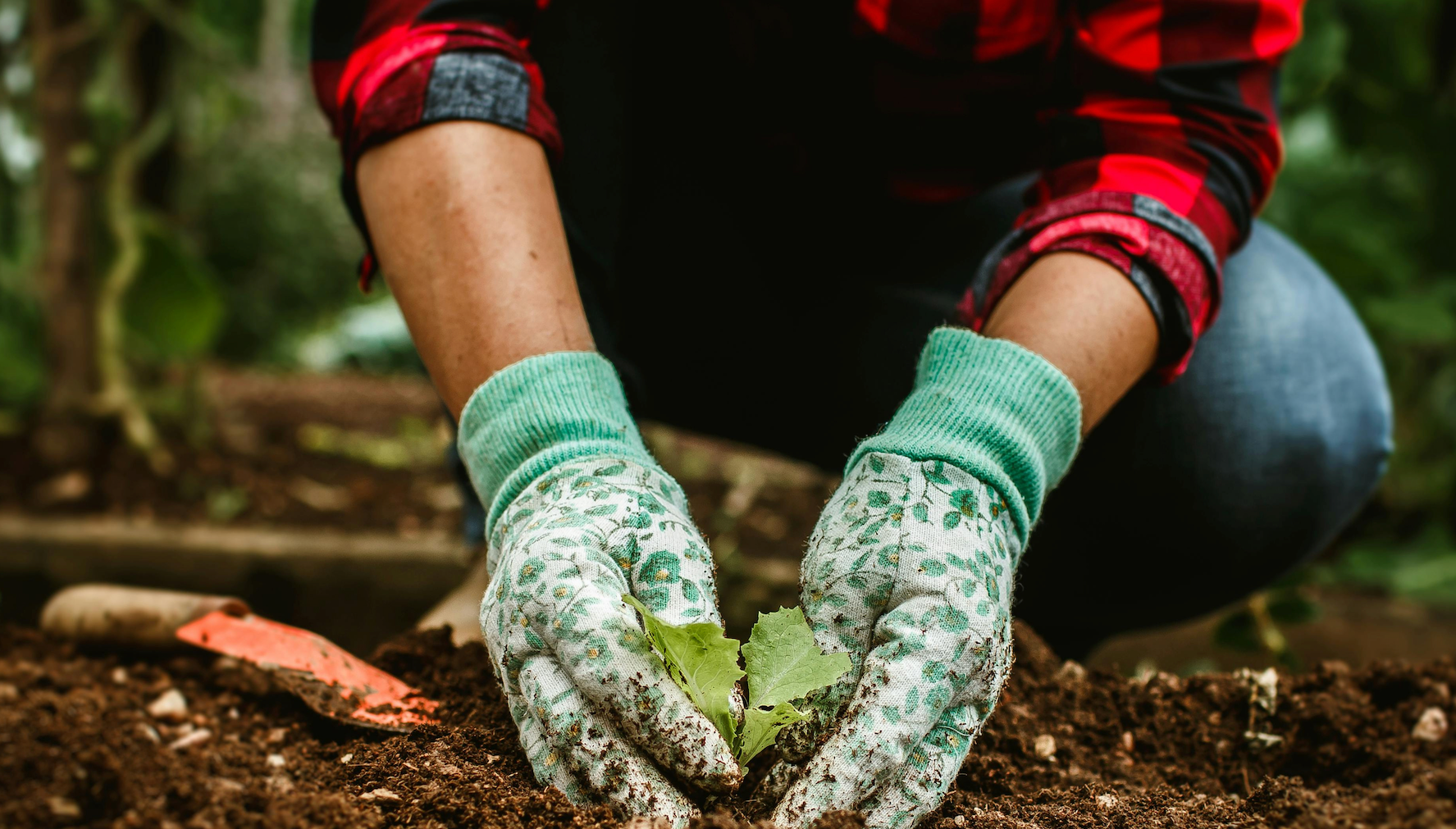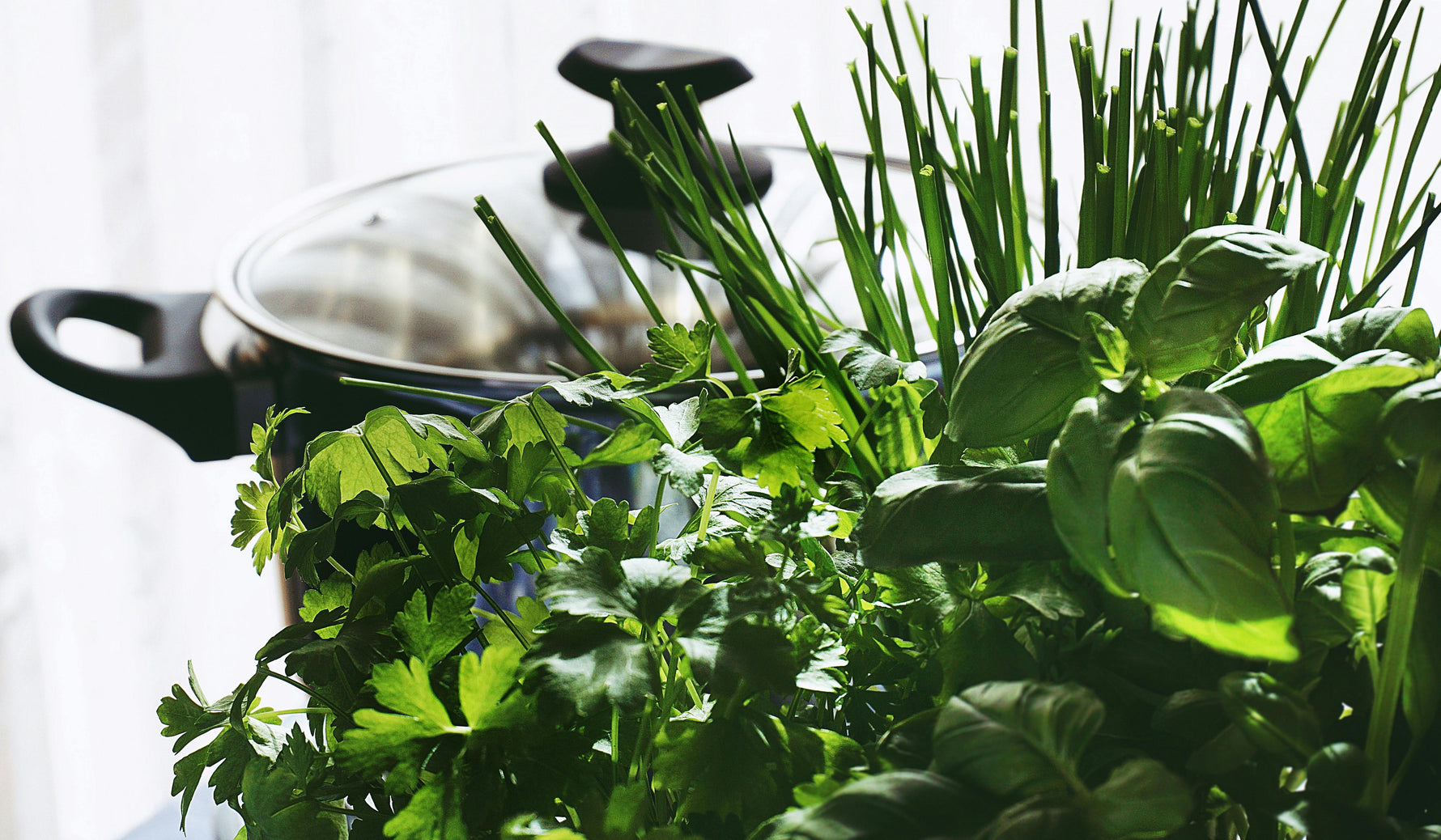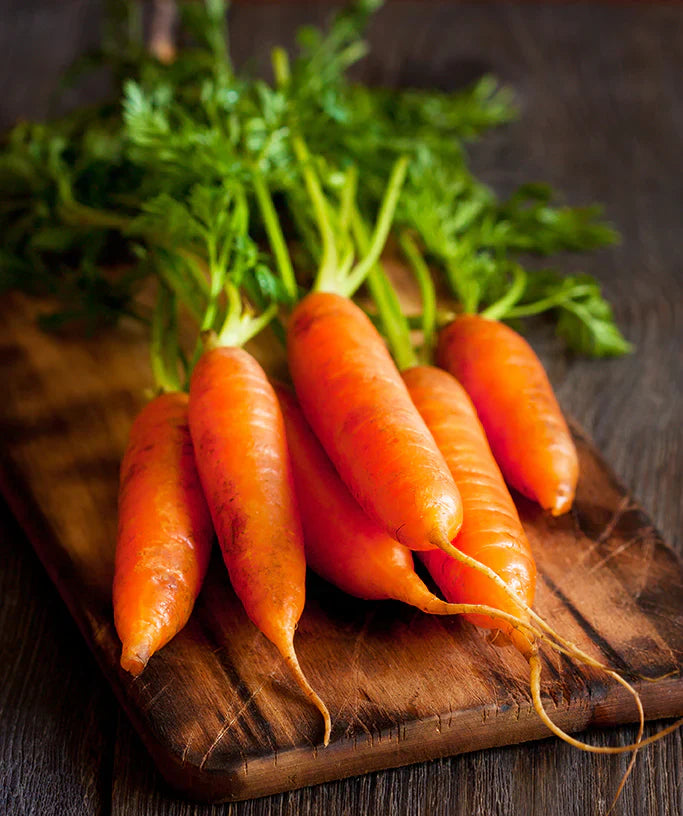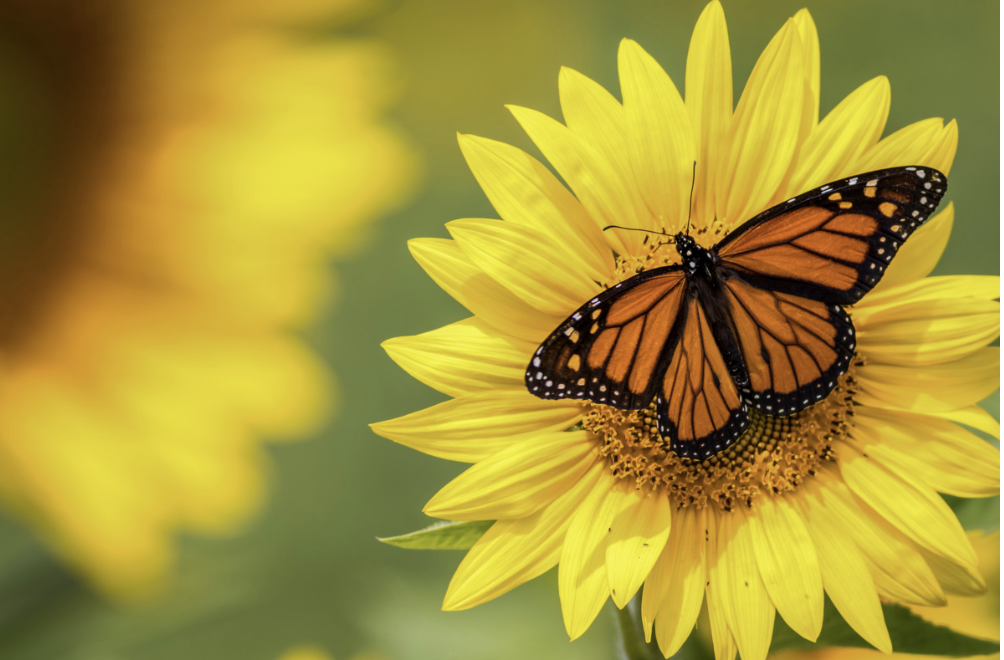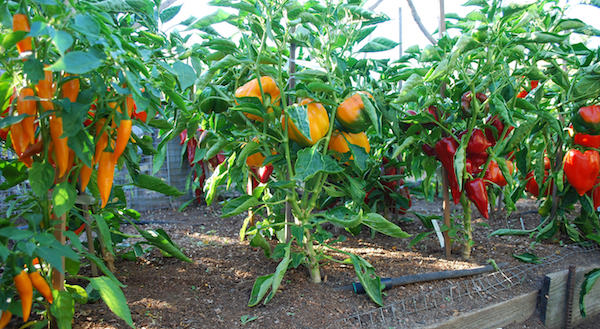Bentley Seed Co. Blog
Gardening in Maine is very different from gardening in Florida. The United States spans USDA Hardiness Zones 1 through 13, which are defined by average minimum winter temperatures. Your zone affects when you should start seeds, when you can transplant outdoors, and which vegetables will yield best. Bentley Seeds wants every customer to succeed, so they encourage gardeners to “use the USDA Plant Hardiness Zone Map to discover the ideal planting schedule for your region.” In this section, we’ll give tailored planting advice for all USDA zones – from the coldest to the warmest. We’ll cover timing of planting, tips for each climate, and which crops thrive in which zones.
First, let’s orient ourselves with the USDA zone map. The map below shows the different zones across the U.S. Knowing your exact zone (or at least your range) will help you use the planting calendar and tips that follow
Figure: USDA Plant Hardiness Zone Map of the United States. Zones are based on minimum winter temperatures – Zone 1a (coldest) in Alaska at −60°F, up to Zone 13 in tropical climates at 60–70°F minimum. Most of the continental U.S. falls between Zone 3 (northern plains) and Zone 10 (southern tip of Florida) on this map.
Understanding Your Zone: If you don’t know your zone offhand, you can find it by entering your zip code into the USDA zone finder or by referencing the color-coded map above. Once you have your zone, note your approximate last spring frost date and first fall frost date (these define your growing season length). For example, Zone 5 (a medium zone covering parts of the Midwest and Northeast) typically has a last frost around May 15 and first frost around October 15, giving about a 5-month growing season. In contrast, Zone 3 (far north) might freeze until late May and frost again by early September (only ~3-4 month season), whereas Zone 9 or 10 (deep south) may have a frost-free period from February through December or longer. Armed with this info, you can decide when to start seeds indoors and when it’s safe to plant outside.
Below, we provide zone-by-zone planting advice. For simplicity, we’ll group some zones together where the guidance is similar. Remember, these are general tips – local microclimates or unusual weather patterns might shift dates by a week or two, so always keep an eye on your local forecast.
Zones 1-3: Very Short Growing Season (Arctic & Upper Northern Regions)
Zones 1-3 are the coldest and have the shortest growing seasons in the U.S. This includes parts of Alaska, northern Minnesota/North Dakota, and high elevations in the Rockies. Winters are severe (down to −40°F or below in Zone 3) and summers are cool. Zone 3, for instance, has winter lows to -30°F and typically a final frost around May 15 and first frost by September 15. That’s only about 120 frost-free days.
Planting Challenges: The ground may take longer to warm up in spring, and some heat-loving plants may never fully mature due to lack of warm days. Crops that thrive in warmer Zones 5-8 (like melons, long-season corn, or hot peppers) often struggle in Zone 3 because the soil doesn’t stay warm enough. Gardeners in these zones must use every trick to extend the season: starting seeds indoors, using row covers, cold frames, or hoop houses, and choosing ultra-early or cold-tolerant varieties.
What to Grow: Despite the challenges, yes, you can have a productive vegetable garden in Zones 1-3. Focus on cool-season and quick-maturing vegetables. Many leafy greens and root crops actually prefer the cooler weather. Great choices include: lettuce, spinach, chard, kale, collards, radishes, turnips, beets, carrots, peas, and broccoli. These can all tolerate light frosts and grow in cooler temps. In fact, an expert gardener notes that “radicchio, collards, kale, and escarole are all good choices for vegetables that grow well in cold climates.” Fast-growing Asian greens (bok choy, mizuna, etc.) and cabbages are also excellent – they thrive in cool springs and don’t mind the mild summers. You can keep sowing many greens every few weeks from late May through summer for continuous harvests until fall frost.
For Zone 3, root vegetables like potatoes can do well (plant as soon as ground thaws, harvest before hard frost). Bush beans can produce if you plant early June; they need some warmth but many varieties will yield in ~60 days which is feasible. Summer squash (zucchini) is possible: one tip is to start seeds indoors around May 1 and transplant after frost; even in Zone 3, zucchini can be sown successfully if given frost protection for late spring. Stick to faster summer squash, as winter squash and pumpkins often require longer season and more heat which might be risky in Zone 3 (unless you have a very protected spot or use season extension).
Strategies:
Start Seeds Indoors Early: With Bentley Seeds’ high germination rates, you’ll want to give them a head-start indoors. Begin cool-season crops 4-6 weeks before last frost (e.g., start cabbage, broccoli in April for a May transplant in Zone 3). Start warm-season plants like tomatoes extra early indoors (8+ weeks) and choose determinant or early varieties that set fruit quickly (some tomatoes mature in 55-60 days). You may need grow lights and heat mats to simulate a warm greenhouse – an investment many northern gardeners find worthwhile.
Use Season Extenders: Cold frames, row covers (frost cloth), or even products like “Walls-of-Water” can help. These protect seedlings from late frosts and add a few degrees of warmth. Gardeners in Zone 3 often cover tender plants at night into early June just to be safe. Also consider black plastic or dark mulch around heat-loving plants to warm the soil.
Container Growing: If your native soil is cold or your season is super short, try growing some vegetables in containers or raised beds. Containers heat up faster in spring. You can even move pots of tomatoes or peppers to a sunny sheltered spot for more warmth. One report suggests that growing typically warm-requiring plants (melons, peppers) in containers in Zone 3 “may provide possibilities” that in-ground might not.
Choose Varieties Wisely: Bentley Seeds offers many heirloom varieties; check the days-to-maturity on the packet. For Zone 3, prioritize varieties labeled 60 days or less for fruits, 90 days or less for root crops, etc. Also, cold-hardy varieties (certain cabbages, kale, etc.) will withstand light frosts – meaning you can plant them earlier and harvest later. For example, butterhead and loose-leaf lettuces are recommended for Zone 3 because they mature quickly and tolerate cool weather. Likewise, “garden cress produces usable leaves in just 12 days” in cool weather – instant gratification!
With these strategies, even Zone 3 gardeners can enjoy bountiful harvests of salads, greens, and more. Just plan carefully and don’t be afraid to use technology (indoor starts, covers) to help Mother Nature along.
Zones 4-6: Cool to Medium Growing Season (Northern & Central U.S.)
Zones 4, 5, and 6 cover a large portion of the United States – including much of the Northeast, Upper Midwest, Great Plains, and interior West. Winters are cold but not extreme (zone 5 avg minimum is −10 to −20°F), and summers are warm but not scalding. The growing season here ranges roughly from late April/early May to October (about 4.5 to 6 months frost-free). Zone 5 has a “medium length growing season” – most veggies will mature before first frost, and indeed “most vegetable varieties will have no problem maturing” in a Zone 5 summer.
Planting Timing: In these zones, the last spring frost is usually sometime in April (Zone 6) to mid-May (Zone 4). First fall frost might be late September (Zone 4) to mid-October (Zone 6). This gives a decent window to grow both cool-season and warm-season crops, often with two planting waves (one in spring, one in mid-summer for fall crops).
Cool-Season Vegetables: You can sow hardy veggies as soon as soil is workable in spring (often late March or April in Zone 6; mid to late April in Zone 4). This includes peas, spinach, radishes, carrots, beets, kale, and broccoli. These crops relish the cool spring and will mature by early summer. Many gardeners in these zones do successive sowings of lettuce and spinach through spring. By late summer (August), you can plant a second round of fast cool-season crops to harvest in the cooler fall weather (e.g., a September planting of spinach or radishes for an October yield).
Warm-Season Vegetables: Wait until after the last frost to plant tender vegetables outdoors. For Zone 5, around mid-May is safe; Zone 6 might be early May. This group includes tomatoes, peppers, eggplant, cucumbers, squash, beans, and corn. Starting these indoors is common: for example, tomatoes and peppers should be started indoors about 6-8 weeks before last frost, then transplanted outside in late spring. Bentley Seeds provides robust tomato and pepper seeds (with many heirlooms available), which Zone 4-6 gardeners often start in March in seed trays. By May, those seedlings are ready to go into the garden. Ensure the danger of frost is past – even cover newly transplanted tomatoes with a bucket or row cover if an unexpected late frost threatens.
What Grows Best: In Zones 4-6, you have the advantage of being able to grow nearly the full range of traditional vegetable garden plants. Tomatoes, peppers, and beans usually do very well (plenty of summer warmth for them). Sweet corn is feasible especially in Zone 5-6; just choose varieties that mature by late summer (many sweet corns are ~75 days). Root crops like potatoes, turnips, carrots thrive – they appreciate the moderate summers (not too hot). Brassicas (cabbage, broccoli, cauliflower) often perform excellently in these zones if transplanted in spring and given some pest protection; they enjoy the mild conditions of late spring and can often be grown again in fall. One thing to note: hot-season crops like okra, peanuts, some melons that require sustained heat might produce, but perhaps not as prolifically as in the Deep South. They can be grown in Zone 6 (especially if a hot summer), but in Zone 4 the season might be a bit short or cool for something like okra or large watermelons. Choose faster-maturing melon varieties (like an ‘Icebox’ watermelon that ripens in ~80 days) if attempting them in Zone 4-5.
Garden Tips:
Stagger Plantings: Exploit the spring and fall cooler periods. Plant your peas, lettuce, brassicas early. After harvesting those by June, you’ll have space to put in heat-lovers (e.g., follow your pea trellis with a planting of pole beans in early June for a late summer bean crop). Then, as summer crops finish in September, use vacant space to sow a quick fall batch of spinach or cilantro. This way, you maximize the use of your plot through the season.
Watch for Frost: Even in late spring, have covers handy. A clear plastic tarp or row cover can save your seedlings during an unexpected cold snap. In fall, a light frost won’t kill hardy veggies (kale, carrots actually get sweeter after a frost), but do harvest sensitive plants (basil, tomatoes) or protect them if an early frost hits.
Use Bentley’s Zone Planting Calendar: Bentley provides zone-specific planting guides – for example, a Zone 5 calendar that lists what to start when. According to that guide, by May 15 everything from beans to cucumbers can be sown outside in Zone 5. Following such a schedule will help ensure “no problem maturing” your crops in time. The calendar also reminds you of indoor start times and succession planting dates.
Soil Preparation: Zones 4-6 often have rich soils (like the famed Midwest loam). Use that to your advantage by keeping soil healthy: add compost at the start of the season. Good soil plus proper spacing will yield big results. (Remember not to overcrowd – even though you have decent space, follow spacing guidelines. For instance, give each tomato about 2-3 feet of space as Bentley recommends, and carrots about 2 inches apart in rows.)
Overall, Zones 4-6 are a gardener’s delight because you can grow almost the entire catalog of Bentley Seeds here. You get distinct seasons: a cool period for peas and greens, a warm period for tomatoes and corn, then a cool finish for pumpkins and cabbages. By choosing appropriate planting dates and varieties, you’ll have a continuous harvest from spring through fall.
Zones 7-8: Long Warm Seasons (Mid-South, Lower Midwest, Coastal)
Zones 7 and 8 encompass areas with mild winters and hot summers – think of the Mid-Atlantic states, parts of the South (like Georgia, northern Florida for Zone 8, and Carolinas), the coastal Pacific Northwest (Zone 8 but cooler summer), and interior California. The average minimal temps range from 0°F (Zone 7) to 10-20°F (Zone 8). The frost-free season is long – roughly from March through early November in many Zone 7/8 locales (about 7-8+ months of growing potential).
Planting Timing: In these zones, you can start planting cool-season crops quite early (late February or March for Zone 8, perhaps mid-March for Zone 7). The last frost might be as early as mid-March (Zone 8) to early April (Zone 7). Conversely, first fall frost might hold off until late October or November. This means two full “shoulder” seasons for cool-weather crops and a very long warm growing period for summer crops.
Early Spring: Plant cool-season vegetables as soon as winter breaks. Peas, spinach, kale, onions, and broccoli can often be planted by March. In Zone 8, many gardeners plant potatoes and peas around St. Patrick’s Day, for instance. You can also start onion sets, carrots, beets, and lettuce in early spring.
Summer (Warm Season): By April, it’s usually warm enough in Zone 7/8 to set out warm-season transplants or sow seeds like beans, corn, squash. A rule of thumb: once daytime highs are regularly above 60°F and nights stay above 45-50°F, most summer veggies will establish well. Tomatoes, peppers, eggplant can often go out in April in Zone 8 (or late April for Zone 7). These zones’ summers are hot enough to grow okra, sweet potatoes, watermelon, cantaloupe, field peas (black-eyed peas) – all those heat-loving crops will thrive. In fact, peppers and okra adore the heat of Zones 8+, producing abundantly. An example: “Peppers are perfect heat-tolerant crops for sweltering gardens and need warm temperatures to thrive in hardiness zones 9-11” – so Zone 8 is on the cusp but still very suitable for peppers (and definitely for zone 9). If anything, Zone 7/8 summers can be so hot that some cooler veggies (like peas or lettuce) will struggle by late June – so those are grown in spring or not until fall again.
Fall Season: A major advantage in these zones is the ability to have a robust fall garden. Come late August or September, you can sow another round of all the cool-weather veggies for harvest in fall and even into winter. For example, in Zone 8 you might plant broccoli, cabbage, and kale transplants in September to harvest through December. Many root crops can be planted in fall as well (carrots, radishes, turnips) for late fall yields. The mild autumn of Zone 7/8 means you can enjoy fresh greens for Thanksgiving easily.
What Grows Best: It might be easier to list what doesn’t grow in 7-8! You can grow nearly every vegetable variety Bentley offers. Tomatoes, peppers, eggplant, squash, beans, corn – all warm-season staples – do great. You’ll also have success with sweet potatoes and okra in Zone 8, which require a longer hot season (these might be marginal in Zone 6 but in 7/8 they flourish). Melons (watermelons, cantaloupes) ripen sweetly in the summer sun here. Meanwhile, cool-season crops like brassicas (cabbage, cauliflower, Brussels sprouts) can be grown either in spring or fall. Many Zone 7/8 gardeners actually prefer to grow their broccoli/brussels in fall because the cooler end-of-year weather is ideal and pests are less intense than in spring. Leafy greens (lettuce, collards, mustard greens) can almost be grown year-round except during the hottest midsummer months.
One difference: in Zone 8 parts of the Deep South, the intense summer heat can cause lettuce or spinach to bolt (go to seed) quickly, so those are best confined to cooler parts of the year. Similarly, if you try to grow something like shell peas or head lettuce in July in Zone 8, you’ll likely fail – but plant them in February/March or October and you’ll succeed. So timing is key.
Garden Tips:
Succession and Rotation: Because the growing window is long, practice succession planting to make the most of it. For example, plant a crop of bush beans in April, another in July, and perhaps another in early September (if a quick variety) to have multiple harvest waves. After harvesting garlic or onions in early summer, you can use that space for a quick summer planting of okra or a later planting of fall greens.
Protect from Peak Heat: The summers in these zones (especially Zone 8 in places like the Southeast) can be very hot and humid. Some delicate veggies might need partial shade or extra water in July/August. For instance, tomatoes may experience blossom drop in extreme heat above 95°F. Providing some afternoon shade (planting on east side of taller crops or using shade cloth) can help cool-season veggies last longer into summer. Also mulch well to conserve soil moisture and keep roots cooler.
Year-Round Gardening: In many Zone 8 areas (and even 7b), it’s possible to garden nearly year-round with minimal protection. You might overwinter hardy greens under row covers. The ground rarely freezes deeply, so root crops can be left in soil and dug as needed (carrots, parsnips). Embrace the ability to grow a “winter garden” of sorts – plant kale and collards in fall and they can survive through mild winters for early spring harvest.
Pests and Diseases: The flip side of longer seasons is that pests (insects, diseases) have more time to proliferate. Keep an eye out for common southern pests: aphids, squash vine borers, tomato hornworms, etc. Use integrated pest management (row covers, hand picking, organic treatments if needed). Bentley’s seeds are untreated, which is great, but it also means you should be proactive in protecting seedlings (e.g., use collars around squash stems to guard against borers, or plant marigolds and nasturtiums as companions to deter pests).
Success with Herbs: These zones are fantastic for herbs too. Basil, oregano, thyme, dill – all can be direct sown or transplanted and will thrive with the long growing season. Many herbs (perennials like rosemary, sage) will even overwinter in Zone 7/8, becoming year-round plants in your garden.
In summary, Zones 7-8 offer a lush growing environment. Most Bentley vegetable seeds will do very well here as long as you plan for the hot summers and utilize the extended spring/fall. You really get the best of both worlds: heat for tomatoes and corn, but also enough cool periods for cabbages and carrots.
Zones 9-10: Nearly Year-Round Growing (South, Coastal, and Desert Regions)
Zones 9 and 10 are essentially frost-free or have only a brief/light winter. This includes much of Florida, southern Texas, southern California, parts of Arizona (Zone 9), Gulf Coast areas, and coastal southern Oregon/California (Zone 9/10). Zone 9’s average winter lows are 20-30°F; Zone 10’s are 30-40°F (with only occasional frost). In these climates, the concept of a “last frost” might be in January or February, and a “first frost” not until December – meaning you can grow something literally all year.
However, gardening in Zone 9-10 flips the script: the summers can be extremely hot, so the growing seasons are almost inverted. Gardeners often plant in late winter (for spring harvest) and fall (for winter harvest), while mid-summer can be a challenging period for some plants due to heat stress.
Planting Timing:
Late Winter/Early Spring (Jan–Mar): This is prime planting time for many vegetables in Zone 9/10. Since frost risk is minimal, you can start sowing cool-season crops in January/February and warm-season crops by March. For example, in Zone 9 Florida, February is a great time to plant tomatoes, peppers, squash, etc. One Zone 9 guide notes: “The average last frost in Zone 9 is March 1st, so get ready to plant out all your summer crops soon! Because the growing season is so long, everything can be direct seeded outside… finicky plants like tomatoes, peppers, and eggplant can be transplanted as well.”. This means by March you can have your main summer garden already in the ground.
Summer (Apr–Aug): Summers are long. In places like Florida (Zone 10) or inland California (Zone 9), summer heat can exceed 95–100°F regularly. Many tropical vegetables or heat-lovers will thrive: okra, sweet potatoes, Southern peas (black-eyed peas), yardlong beans, melons, and of course tomatoes and peppers (with irrigation). But traditional “cool-season” veggies absolutely will not survive the peak of summer here. They must be grown in winter instead. Gardeners in these zones might take a break on planting new lettuce or broccoli during the hottest months. Instead, you might plant cover crops or focus on heat-proof plants. For example, okra, watermelon, and eggplant love the heat and can be continuously planted. A guide for Zone 9 suggests by May/June, focus on “heat loving favorites: okra, Southern peas, summer spinach (e.g., Malabar spinach), and sweet potatoes.”. Indeed, those crops laugh at the heat and will carry your garden through the dog days. Water consistently and use mulch to help them along.
Fall (Sept–Dec): As temperatures moderate in fall, you essentially get a second spring. In Zones 9-10, October is an ideal time to start cool-season vegetables again. You can plant carrots, cabbage, lettuce, peas, and more for winter harvest. In Zone 10 (South FL, for instance), October-November is actually the main time to grow things like tomatoes and cucumbers – the winter acts like the northern summer. A source from Gurney’s notes: “Its warm winters make zone 10 suitable for growing cool-weather crops such as lettuce, spinach, onions, radishes and beets.”. So in zone 10, you plant those in fall/winter and harvest in winter/early spring. Essentially, you avoid the extreme summer for these crops. The only “off-limits” time might be late December/January if a rare frost occurs, but even then, frost cloth can protect many plants. Many Zone 10 gardeners are harvesting tomatoes, peppers, and squash in December that were planted in fall, since freezing temps are rare or very brief.
What Grows Best: Zones 9-10 can grow an enormous variety of plants, including everything temperate plus many tropical edibles. Some highlights:
Heat-Loving Veggies: As mentioned, okra, sweet potatoes, chili peppers, eggplant, melons, cucumbers, pumpkins, and Southern peas all excel. They actually may produce more heavily here than anywhere else, provided they get water. For example, peppers not only thrive but can become perennials in these zones; a pepper plant might live multiple years, yielding year-round (in absence of frost). Sweet potatoes planted in spring will vine vigorously and yield by summer’s end – they are one of “the most heat-loving vegetables you can plant”. Malabar spinach or New Zealand spinach (alternatives to true spinach) are great greens for summer since they love heat and humidity.
Cool-Season Veggies in Winter: You can successfully grow the whole array of cool-season crops, but do it from fall through spring. Lettuce, spinach, kale, broccoli, cauliflower, carrots, radish, onions, peas – all of these can be grown in Zones 9-10 during the cooler months. In Zone 9, you might grow them in late winter/early spring as well. In Zone 10 (South Florida, for example), the best time for these might be late fall through winter. Gardeners often treat the winter as “spring”: plant in October, harvest through February. You’ll get wonderful results because the plants won’t freeze but enjoy the mild temperatures. Salad greens can be continually picked in winter. Root crops like beets and onions get large without bolt or disease due to gentler sun.
Perennial/Tropical Crops: Zones 9-10 can also accommodate fruiting vegetables that act perennial in warm climates. Examples: tomatillo and peppers can overwinter, chayote squash (a perennial vine squash) can grow multi-year, cassava (yuca) can be grown as a root crop in Zone 9/10 with about 8-10 months growing season. Even some exotic veggies like winged beans, tropical pumpkins, or Asian yardlong beans do great. Bentley Seeds mostly carries traditional varieties, but these zones allow you to experiment beyond that too.
Garden Tips:
Direct Seeding vs Transplanting: Because the season is so long, you can direct-sow many things that other zones would start indoors. For instance, in Zone 9 you can direct sow squash, cucumbers, corn, beans in situ in March or April and they’ll catch up fast. As one guide said, “everything can be direct seeded” in long-season zones. Transplanting is still useful for crops like tomatoes or peppers to get a jump, but even those could be direct seeded by an experienced gardener (though germination in cool soil is a concern in Feb). Use transplants for a faster start on first plantings, then later successions can be sown directly.
Summer Care: Provide ample water and mulch. The sun intensity in these zones can be brutal on young plants – consider some shade for seedlings or transplant in the evening so they harden off without midday sun. Rainy seasons (like Florida’s summer downpours) may alternate with drought. Use mulch (straw, leaves) to moderate soil moisture and temperature.
Soil Management: Warm climates can lead to quicker depletion of soil organic matter. Compost regularly to enrich soil. If in a desert Zone 9 (e.g., parts of AZ or CA), soil may be alkaline and low in organic matter – amend with compost, consider raised beds with a good soil mix.
Take Advantage of “Off Season”: While northern gardeners hunker down in winter, you in Zone 9/10 can actively garden. Use Bentley’s seeds to start a “winter vegetable garden” – e.g., plant a round of carrots and kale in November, and you could be harvesting fresh produce in January. Also, consider planting cover crops or green manures in any truly off time (if you ever let a bed go fallow for a month or two) to improve soil fertility.
Pest/Disease Pressure: Year-round growing means pests can be year-round too. Watch for insect cycles – for instance, whiteflies and aphids can be pervasive in warm regions. Use organic pest controls and keep garden clean of debris where pests breed. Also, heat and humidity can cause fungal diseases (powdery mildew, blights) – planting resistant varieties and ensuring good spacing for airflow is important. (For example, give tomatoes in humid Zone 9 at least 4-5 feet between rows for airflow, even more than one might in a drier cooler zone.)
In short, Zones 9-10 allow for continuous gardening and a wide variety of plants, but the gardener’s calendar is different: pay attention to when to plant cool vs warm crops. Bentley Seeds’ planting guides can help here too – they advise Zone 9 gardeners on monthly tasks, such as continuing to start okra and melons indoors in March and sowing things like beans, okra, corn, and Southern peas in succession every few weeks through summer. By following such guidance, you’ll enjoy harvests almost all year.
Zone 11+ (Tropical Climate Considerations)
While USDA Zone 11 and above are not common in the continental U.S. (only extreme southern Florida, parts of Hawaii, and Puerto Rico fall in Zone 11-13), a brief note: In these truly tropical climates, you have no frost at all. You can grow tropical vegetables and fruits year-round. Many standard veggies will grow as perennials (tomatoes may become vines, peppers become shrubs). However, extreme heat and humidity in tropical summers might make some temperate veggies hard to grow without elevation or cooler season planting.
The advice for Zone 10 largely applies to Zone 11-13 as well: use the cooler part of the year for traditional veggies, and embrace tropical staples (cassava, taro, tropical spinach, etc.) in the hottest parts. The USDA map technically adds Zone 12 (50-60°F min) and Zone 13 (60-70°F min) for these areas – but the main takeaway is no freezes to reset pests or diseases. Thus, crop rotation and pest control are critical in true tropics.
For most readers in the mainland U.S., Zone 11+ may not be applicable, but Bentley Seeds could certainly be grown in Puerto Rico or Hawaii with the right timing and care.
No matter your zone, Bentley Seeds provides resources to help you succeed. Their website reminds gardeners to “discover your growing zone from the USDA Plant Hardiness Zone Map” and then plan accordingly. By following the zone-tailored advice above, you can use Bentley’s high-quality seeds to their full potential, ensuring you plant at the right time for your climate. And remember – gardening is an adventure. Don’t be afraid to experiment (even northern gardeners try growing watermelons with some hacks, and southern gardeners try lettuce in the shade). With experience, you’ll refine what works in your specific location.






